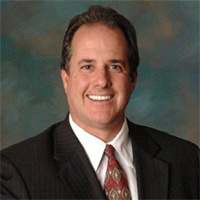Williston Criminal Lawyer, Ohio
Martin J. McManus
✓ VERIFIEDAccident & Injury, Criminal, Traffic, Divorce & Family Law, Estate
Martin J. McManus, a third generation attorney, has long been dedicated to the practice of personal injury, wrongful death, car accident, medical malp... (more)
Michael Prephan Jr.
✓ VERIFIEDFelony, Criminal, Motor Vehicle, Juvenile Law
Making the law work for you, not against you. In practice since 1987, Mike Prephan Jr. has the experience and knowledge to to help you through all ... (more)
Jerry P. Purcel
✓ VERIFIEDAccident & Injury, DUI-DWI, Car Accident, Bankruptcy & Debt, Divorce & Family Law
Jerry P. Purcel is a general practice attorney who has extensive experience in bankruptcy, personal injury, family law, and criminal defense cases. Wh... (more)
Stephen D. Hartman
Litigation, Criminal, Constitutional Law, Legal Malpractice
Status: In Good Standing
Matthew E. Exton
Estate Planning, Family Law, Divorce & Family Law, Criminal, DUI-DWI
Status: In Good Standing
FREE CONSULTATION
CONTACTErnest Eugene Cottrell
Real Estate, Estate Planning, Estate, Criminal
Status: In Good Standing Licensed: 40 Years




